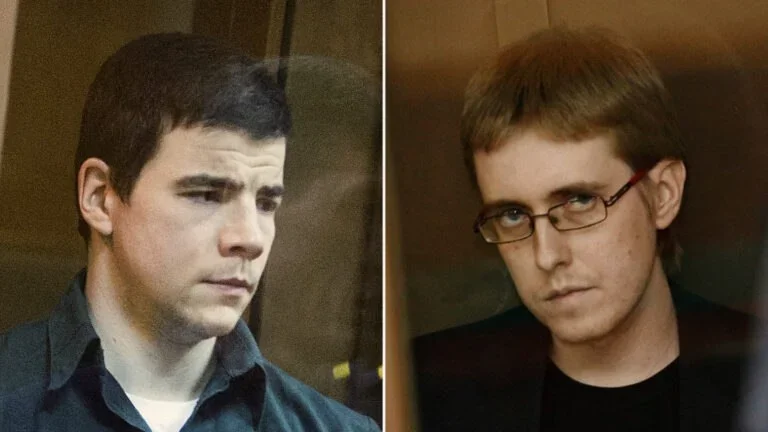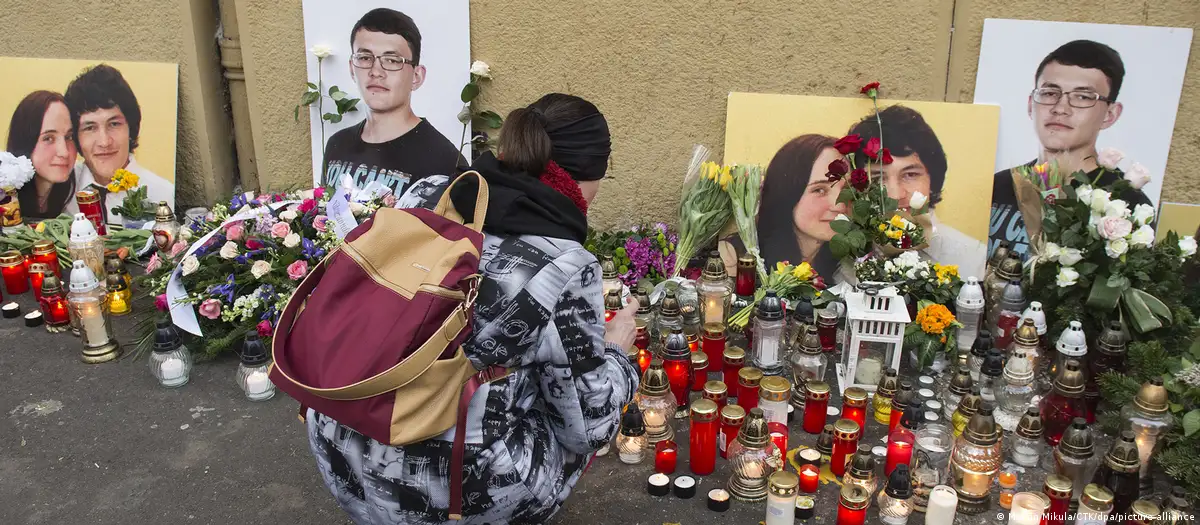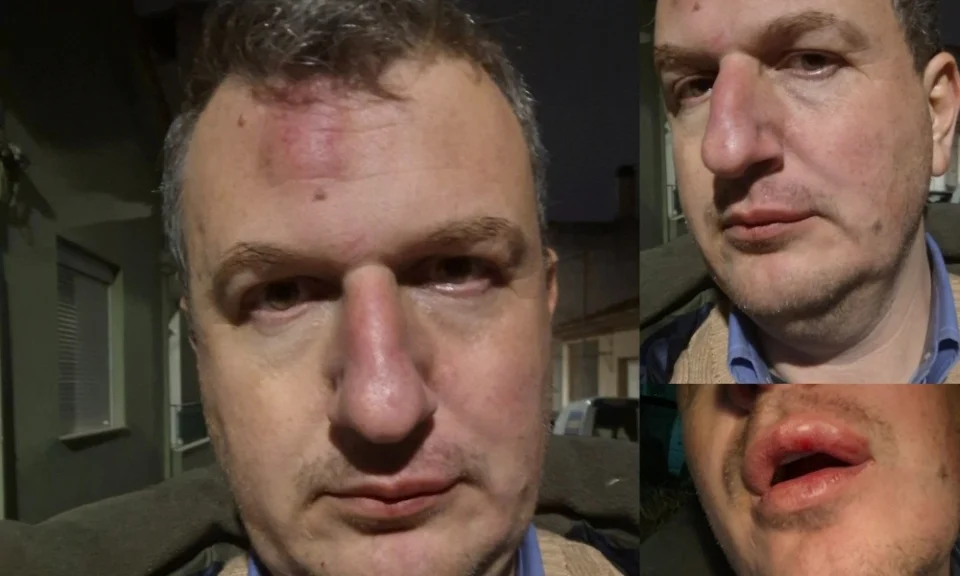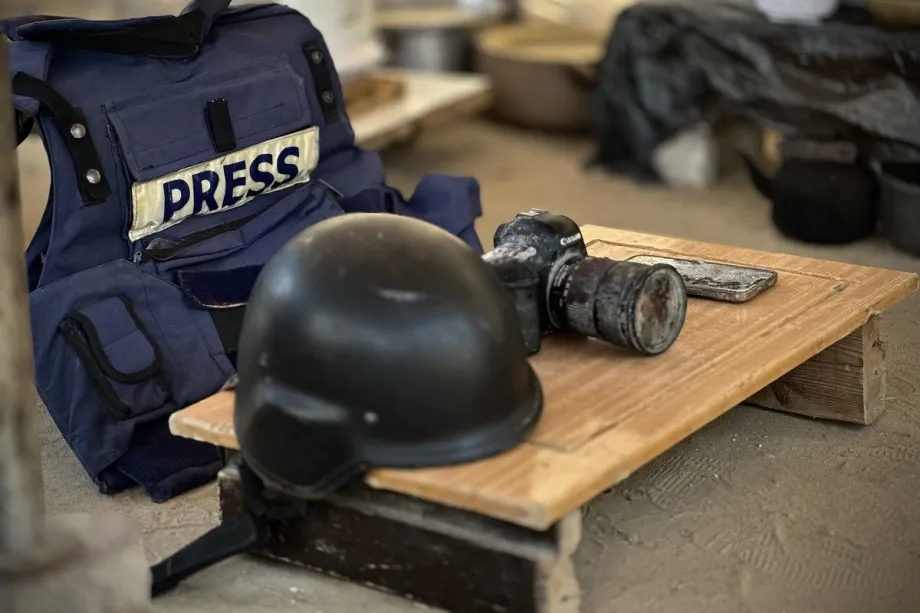
131 Israeli Journalists Urge End to Targeting of Colleagues in Gaza Crisis
September 1, 2025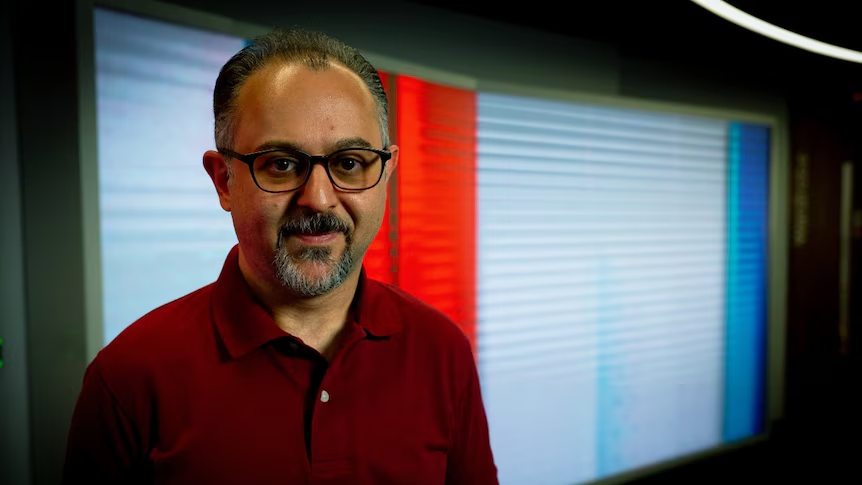
Iranian Journalists Abroad Fear for Lives as Tehran’s Threats Escalate
September 1, 2025September 01, 2025 – Russia –
Two Russian neo‑Nazis serving life sentences for high‑profile political murders have reportedly sought early release from prison to participate in the fighting in Ukraine. The individuals in question—Nikita Tikhonov and Ilya Goryachev—are former leaders of the now-defunct Battle Organization of Russian Nationalists (BORN), a neo‑Nazi group. Their request was revealed during a livestream on the Russian social media platform VK, conducted by pro‑war blogger Alexander Kots, who was asked whether inmates serving life terms could be pardoned to serve at the front. He confirmed that Tikhonov and Goryachev had approached him with such a plea, but both were turned down by the Wagner mercenary group and Russia’s Ministry of Defense.
Nikita Tikhonov received a life sentence in 2011 for the murders of Novaya Gazeta freelance journalist Anastasia Baburova and human rights lawyer Stanislav Markelov. Tikhonov’s girlfriend, Yevgenia Khasis, was also convicted and handed an 18-year sentence as an accomplice; she is due to be released in the coming months.
In 2015, Ilya Goryachev was convicted of orchestrating five murders—including those of Baburova and Markelov—founding the neo‑Nazi group, and illegal weapons possession.
The cases of Baburova and Markelov are particularly tragic: Markelov, a prominent human rights lawyer who had previously defended Novaya Gazeta journalist Anna Politkovskaya, was shot dead as he left a press conference in Moscow on 19 January 2009. Baburova, rushing to aid him, was fatally shot in the back of the head.
This petition for pardons is consistent with a broader—and deeply troubling—pattern: since the war began, Russian authorities have repeatedly offered early release to convicted criminals in exchange for military service in Ukraine. Alarmingly, similar arrangements have been extended even to individuals awaiting trial, including those not yet convicted.
The notion that convicted neo-Nazis, convicted of political murders, would even consider—or be allowed—the opportunity to fight in the war underscores the lengths to which the Russian state appears willing to go in scrambling for manpower. It also raises critical ethical questions about justice, accountability, and the instrumentalization of violent criminals in pursuit of wartime objectives.
Reference –

